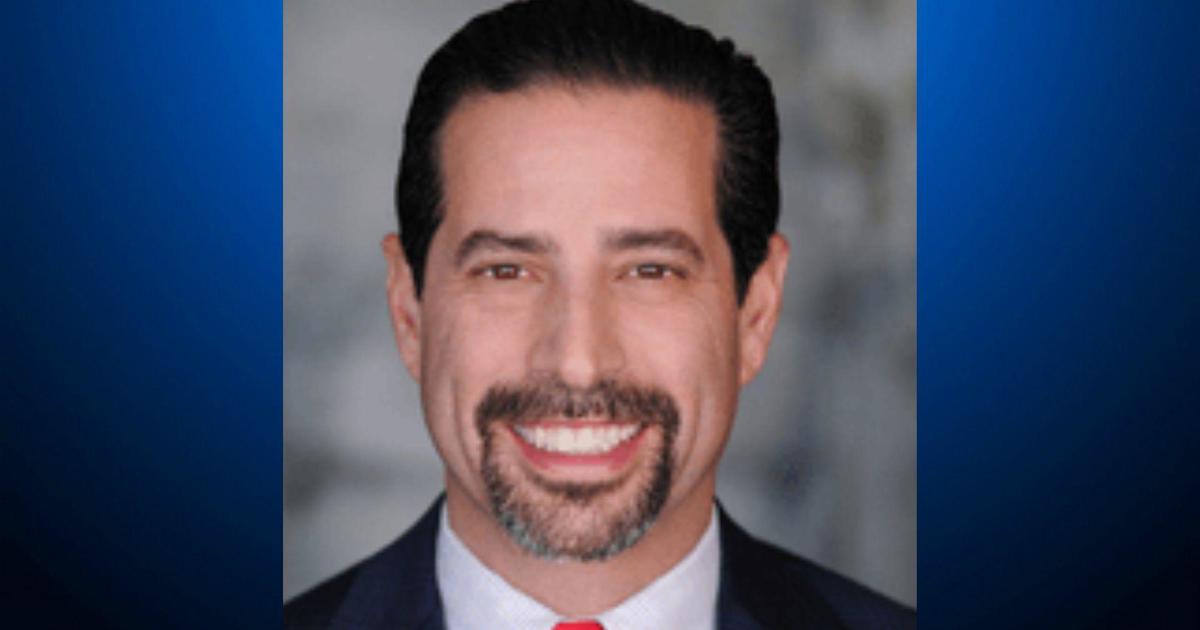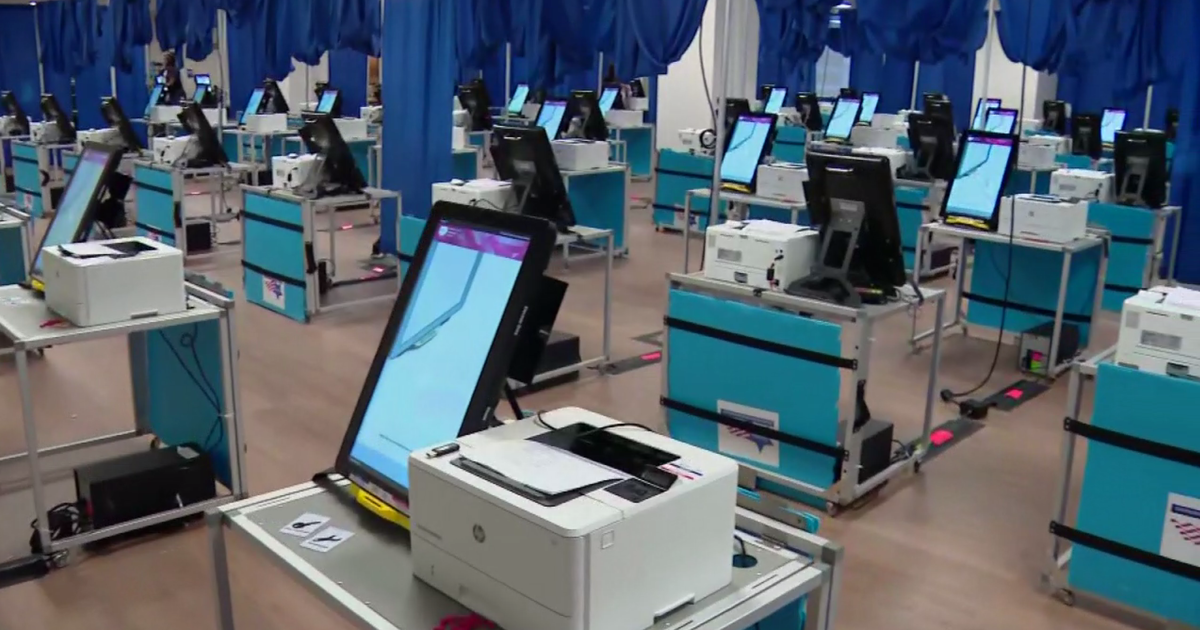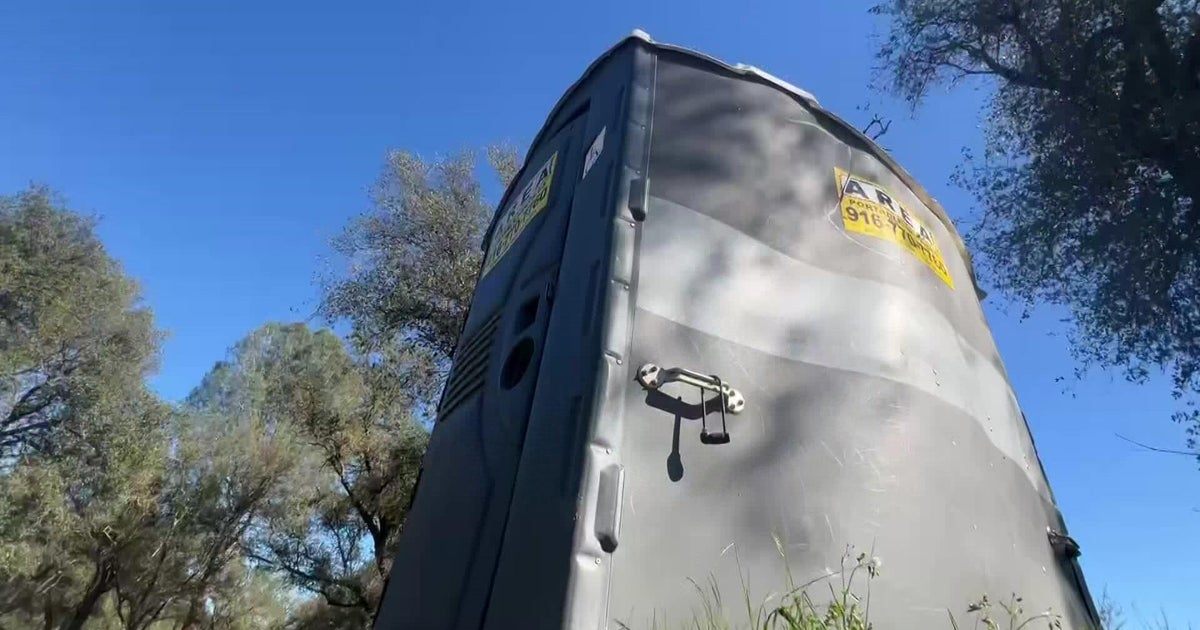San Francisco mayoral debate candidates takes turns targeting London Breed
Four of San Francisco's leading mayoral candidates took on each other for the third time during their debate on Monday, with incumbent Mayor London Breed coming under heavy fire from her opponents over how her administration tackled the city's biggest problems.
At the Golden Gate Park's County Fair Building, Breed, former San Francisco mayor Mark Farrell, District 11 Supervisor Ahsha Safai and anti-poverty advocate Daniel Lurie battled each other to gain the interest of a room full of voters. Aaron Peskin, who participated in the two previous debates, chose to skip this one.
Debate questions focused on public safety, homelessness, mental health, transportation, and revitalizing downtown. The first query brought up last week's death of 74-year-old Corazon Dandan, who was pushed by a homeless man in front of an oncoming BART train at Powell Street Station.
Farrell was quick to tie her death to Breed's leadership.
"When we have incidents like this, when people are pushed in front of BART trains, when people are assaulted with hate crimes on Muni buses and throughout the city of San Francisco, that speaks to a failed approach," the former mayor said.
Other candidates repeatedly criticized Breed's approaches to tackling the city's biggest issues such as crime, drugs and housing. She was forced to defend her track record while opponents painted a bleak picture of the current state of San Francisco under her leadership.
Breed upheld her strategies of addressing homelessness and mental health by bringing up her implementation of street crisis response teams that are an alternative to law enforcement and offer mental health services such as addiction treatment.
"I created the street crisis response team so that they can go out there and work with these individuals. We can hold them for 72 hours and develop a plan for service and support and that is the work we have been doing and will continue to do," Breed said.
At this, Farrell scoffed.
"The reality is, it's not working," he said.
Breed repeatedly asked the audience to fact-check the claims made against her by fellow candidates.
"I hope somebody in the audience is fact-checking because there's a lot of things that have been said up here tonight that are not true," she said.
Many of the policies that candidates are hoping to execute to improve the city were indeed similar to one another, with few stark differences in stances on top issues. For instance, both Safai and Breed said they want to add colleges and bring more students to the area.
"Thank goodness we have a mayor who is running for reelection because she loves to copy my ideas," Safai said in an apparent sarcastic jab at Breed.
Muni's problems
When candidates were asked to discuss how they plan to take on issues surrounding public transportation and the San Francisco Municipal Transportation Authority, Safai said he would not rehire its current director and that the agency "is the worst in doing community outreach, communicating with the public and working with small businesses."
Safai, Lurie and Farrell also condemned the SFMTA and its construction project on Taraval Street in the Sunset neighborhood. The project, which is rebuilding the track and boarding system for portions of the "L" Muni line, has taken nearly six years to complete.
However small businesses and residents were told it would take two years.
"The most tragic thing about Taraval is it's ripping out multi-generational small businesses in San Francisco and now we are ripping out the heart and soul of our city," Farrell said.
While Breed acknowledged the problems that residents and businesses face due to disruptive and lengthy construction projects, she said they are necessary to fix aging infrastructure and improve transit and pedestrian safety.
"We know these construction projects have an impact on community," she said. "Our goal is to do these projects to make our city more efficient and to make it safer... Part of doing this project is for protecting the Muni lines, but more importantly, the aging infrastructure."
"Nightmare on Taraval," as Lurie called it, has wreaked havoc on the street's businesses from loss of customers. It represents the broader inefficiencies within the SFMTA, he said.
Lurie believes he is a breath of fresh air who can bring new ideas to the table. Lurie, a philanthropist who has never held office in local government, is the founder of Tipping Point, one of the nation's largest anti-poverty organizations.
"I'm tired of the ineffectiveness. I'm tired of the corruption. They talk about more ballot measures, more commissions. We just need them to do their job," he said.
Peskin's absence
Organizers and the audience snarked at candidate Peskin's decision to opt out of Monday's debate. A sheet of paper with his name was taped to a water bottle and placed where he would have sat next to the candidates.
In a letter to the organizers, Peskin said he did not attend because he believed that the organizers and the moderators were "highly partisan" and that would potentially lead to an unfair debate.
"The Stop Crime SF/Stop Crime Action debate will be moderated by Marie Hurabiell, a Trump appointee to the Presidio Trust Board of Directors and leader of Connected SF, which is also backed financially by Oberndorf's Neighbors for a Better San Francisco," he wrote.
Neighbors for a Better San Francisco, an organization that has played a significant role in local San Francisco politics, have announced their endorsements for Farrell and Lurie. Its board director, William Oberndorf, is a Republican donor who helped fund the recall campaign for the city's former District Attorney Chesa Boudin in 2022.
Stop Crime SF responded to Peskin, saying that they have "no connection to William Oberndorf" and they "will make no endorsements in the mayor's race."
Additionally, Huriabell only hosted the debate and did not moderate at all. Amber Lee, a reporter for KTVU Fox 2, led the moderation with Frank Noto, founder of Stop Crime SF and President of Stop Crime Action.







